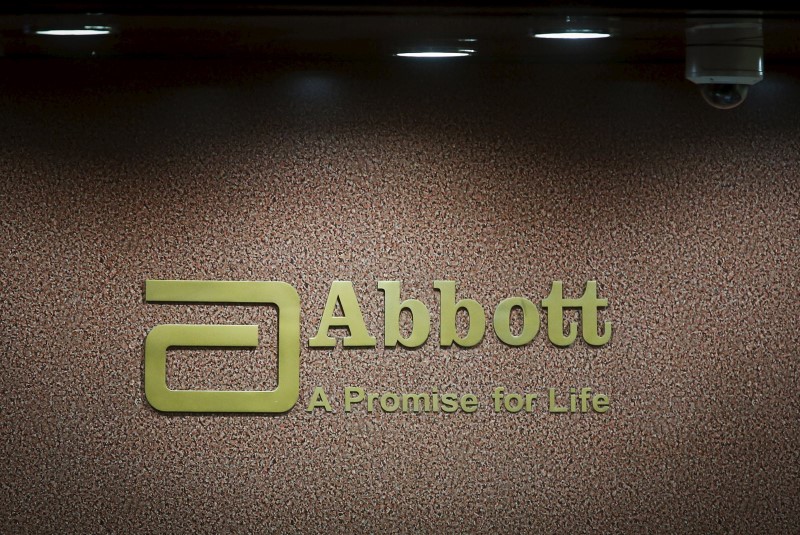Investing.com — A jury ruled on Thursday that Abbott Laboratories (NYSE:) and Mead Johnson, a division of Reckitt Benckiser (LON:), are not liable for a young boy’s severe intestinal disease, marking a significant win for the companies after substantial losses in similar cases.
The verdict dismissed claims that the companies had failed to adequately warn of risks associated with their infant formulas for premature babies.
During the five-week trial held in St. Louis, Missouri, attorneys for the plaintiff, Kaine Whitfield, requested over $6.2 billion in damages.
Reckitt shares surged more than 10% in London following the news, and Abbott stock added 5% in US premarket trading.
“The decision reinforces what we, the medical community and regulatory bodies have said: that preterm infant nutrition products are safe,” Abbott said in a statement.
Mead Johnson echoed the sentiment, stating the verdict “demonstrates that the claims in this case were not supported by the science or experts in the medical community.”
The lawsuit, initiated by Kaine’s mother, Elizabeth Whitfield, claimed that the companies had not sufficiently warned that their specialized formulas, commonly used in neonatal intensive care units, could lead to necrotizing enterocolitis (NEC). This disease, almost exclusively affecting premature infants, has a mortality rate exceeding 20%.
Kaine, now seven, was born prematurely at under 28 weeks, weighing slightly above 1,000 grams (2.2 pounds). After receiving formula at St. Louis Children’s Hospital, he developed the disease, underwent surgery, and survived but now faces lifelong health and developmental issues, the lawsuit stated.
The hospital was also a defendant in the case but was found not liable.
“While this verdict does not remove the litigation overhang, given prior verdicts and an upcoming MDL process, we think it will increase market confidence in Reckitt’s positioning and stance within the NEC litigation process,” Morgan Stanley analysts led by Rashad Kawan said in a note.
This lawsuit is among roughly 1,000 similar cases nationwide, sparking concerns from healthcare professionals who warn the litigation could impact the formulas’ accessibility or influence medical decisions.
Abbott’s CEO, Robert Ford (NYSE:), warned investors in an October call that such lawsuits could make it “very difficult for any company to remain on the market with these products” due to “indefinite liability.” Reckitt, which oversees Mead Johnson, has also hinted at a potential divestment, with CEO Kris Licht saying the company was “considering options.”
Abbott and Mead Johnson maintain that, while human milk and donor milk reduce the risk of necrotizing enterocolitis, formula does not cause it. They note that the advantages of human milk are well-known and factored into feeding practices in hospitals.
U.S. regulatory agencies and a panel of scientists from the National Institutes of Health have found no evidence linking formula to the disease, though Abbott and Mead were unable to present these findings to the jury in this recent trial.
“We don’t pretend to be experts on US litigation, but this feels like a big deal to us, putting a spoke in the wheels of what has hitherto been an unremittingly adverse narrative,” RBC Capital Markets analysts said.
“Doubtless more will become apparent in coming hours and days, but this feels like good news for Reckitt. We currently assume a £2bn all-in liability in relation to the NEC claims for Reckitt.”
Read the full article here















